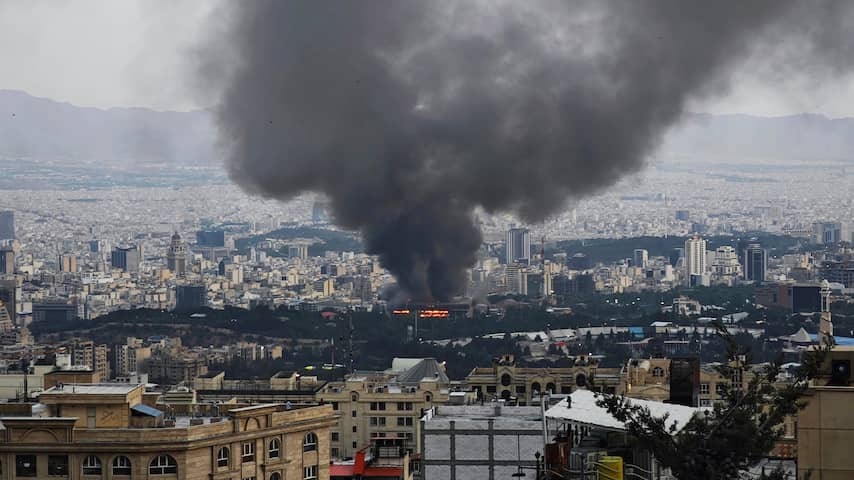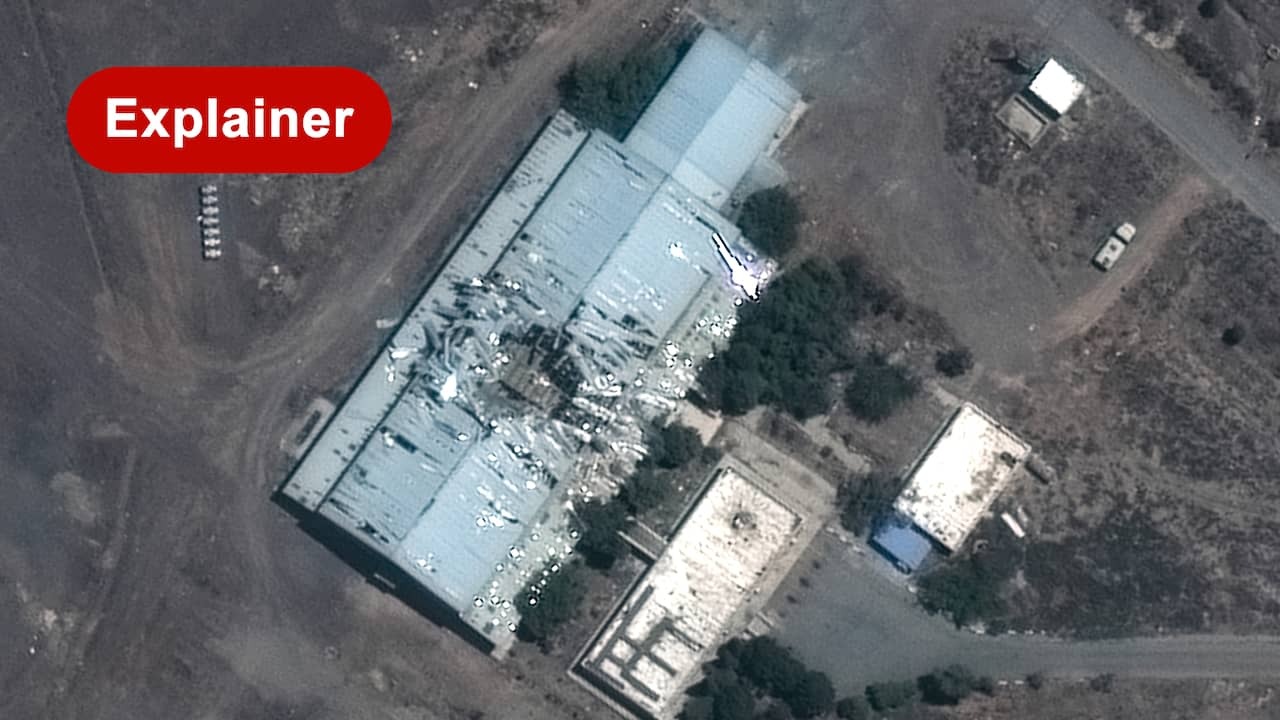
In the days following the Israeli attacks on Iran (and vice versa), Western leaders point to Israel’s right to self-defense. However, experts argue that this is not the case. They tell NU.nl that Israel has violated international law.
The Israeli attacks on Iran began on Thursday night into Friday. Israeli Prime Minister Benjamin Netanyahu speaks of self-defense, and the Western international community largely agrees. Among others, British Prime Minister Keir Starmer, French President Emmanuel Macron, and European Commission President Ursula von der Leyen used that term.
However, international law views it differently. “The attack by Israel on Iran was not permitted,” says Marieke de Hoon, associate professor of international criminal law. In 1945, the United Nations agreed that states should not use or threaten violence against each other, she explains. “As a country, you are not allowed to attack another country, unless there is, for example, self-defense.”
In the case of the Israeli attack on Iran, this was not the case. “You have the right to self-defense against an armed attack from another state. You don’t have to wait until the rockets are already on their way, so you can react to an imminent attack,” says De Hoon. “What you are not allowed to do as a country is say that a regime is hostile to you and may attack you in the future, and that you feel threatened. That is not enough.”
In such a case, it must be a concrete threat. According to Israel, the Iranian nuclear program is such a threat. Netanyahu said that Iran could make a nuclear weapon “within a very short time.” Two weeks ago, the International Atomic Energy Agency (IAEA) issued a report stating that Iran is accelerating uranium enrichment. It did not mention whether the country could quickly produce nuclear weapons.

No Concrete Threat from Iran
It is a public secret that Israel is currently the only country in the Middle East with nuclear weapons, which contributes to the country’s strong position. If Iran also has such weapons, Israel’s position will be undermined. “Netanyahu’s alarm bells went off after that message from the IAEA,” says Middle East expert Paul Aarts.
In addition to the IAEA report, a meeting between the US and Iran was scheduled last weekend. The subject? The Iranian nuclear program. Israel does not want a deal between those two countries, says professor of international politics Koert Debeuf. “Israel actually wanted to torpedo such a deal.”
Israel is the strongest ally of the US in the Middle East, and closer diplomatic ties between Iran and the US would threaten that position. “The meeting between the US and Iran was difficult and did not lead to anything yet, but the fact that they continued to talk was a dangerous signal for Israeli Prime Minister Benjamin Netanyahu,” says Aarts.
But was there a concrete threat with all those things? According to the experts, no. “I see no concrete threat from Iran itself. However, from Hamas or Hezbollah, but not from Iran,” says Debeuf. Aarts agrees.
“There is no evidence that Iran currently has nuclear weapons or is making a nuclear bomb,” he says. “It does enrich a lot of uranium, but that doesn’t mean you immediately have a bomb that you can fire. According to nuclear experts, that can take six months to a year. That only underlines that there was no acute threat.”
Both Countries Violate the Laws of War
In addition to international law, Israel also violates the laws of war. In Iran, civilian targets such as residential areas, gas fields, and a television tower have been attacked. According to the laws of war, you are obliged to distinguish between combatants and civilians, De Hoon explains.
Iran is also guilty of this. Although the country has the right to carry out defensive attacks on Israel, those attacks must remain proportional and aimed at stopping more Israeli attacks, says De Hoon. However, several civilians have already been killed in Iranian attacks on Israel.
Violation of International Law Not Yet Condemned by World Leaders
But the violation of international law by Israel is (still) not being strongly condemned by Western leaders. “They all find it ‘worrying’ and ‘regrettable’,” says Aarts. “But Israel is not being called to order, and there are no threats of serious sanctions.”
De Hoon believes that world leaders should place more emphasis on the international law that is being violated. “It is quickly simplified, and people think in a black-and-white hostile image: Israel is our friend and Iran is our enemy, or vice versa. But more nuance is needed.”
“Even if you want to say that you understand Israel’s attack, you can simultaneously mention that Israel is violating international law with this and that both parties must be forced to prevent further escalation, civilian casualties, and destruction.”